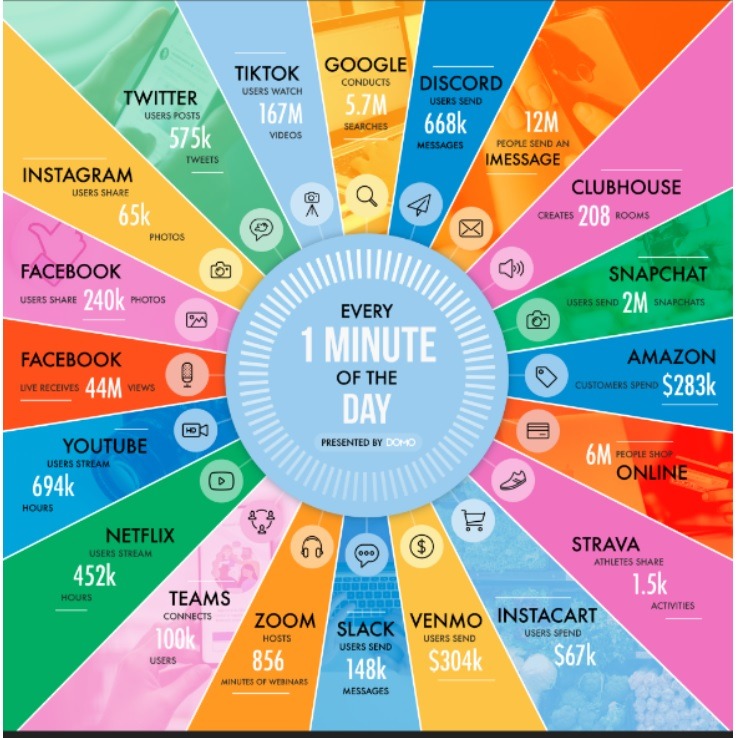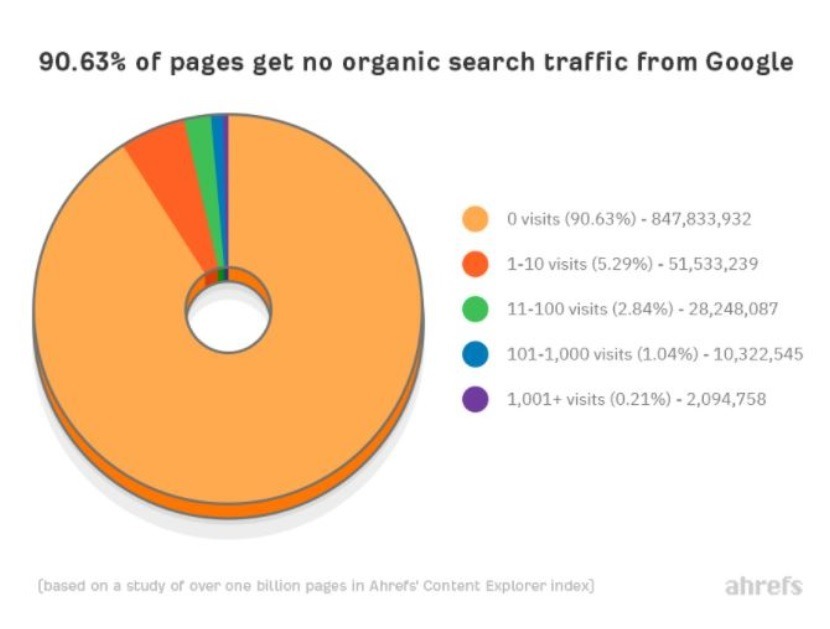SEO for Techical Writers
Introduction
We are living in an era of information overload. Data is being generated at a breakneck pace, owing to the robust growth of the number of internet users. 90 percent of data was generated on the internet over the last five years or so. While it is quite daunting to grasp the actual figures, I gathered some stats to help illustrate the amount of data created each minute around the globe.

As a technical writer, writing for an online audience, your success heavily depends on people finding your writing. This can be achieved by applying practices that increase the chances of your writing appearing in organic searches (traffic gained from unpaid searches) on popular search engines like Google, Yahoo, Bing, etc. This is where SEO (Search Engine Optimization) plays an important role in making that happen.
What is SEO?
Search Engine Optimization is the process of getting more traffic to your online content from organic search results in search engines. Higher up the page is listed on the search, more people will see it. According to a recent study of over a billion website pages, more than 90 percent of web pages never get an organic search from web traffic.

Google is always trying to provide the best and most relevant results to its users. Focusing on producing content that is easy to access is the key to getting your content noticed.
According to the search engine journal, make sure your readers E-A-T the best!
How to improve your E-A-T for Google
E-A-T stands for Expertise, Authority, and Trustworthiness.
This is the guiding principle for any page on Google.
The actual question is, how is it achieved?
SearchEngine.com offers five ways to improve your E-A-T for Google:
- Include clear links and credits to trustworthy sources.
- Bring a unique perspective to the content you are creating.
- Double-check the keywords, audit and update your content regularly.
- Demonstrate business transparency with your content by structuring content with clear titles and subheadings.
- Moderate user-generated content by including spam filters, feedback forms, and reviews.
Bottom-line: Write for humans, not for search engines!
Gone are the days when you could add a bunch of relevant keywords to your online content and rank high on searches. Providing high-quality content to users has become the need of the hour. Therefore, understanding SEO techniques are very important for a technical writer.
0 Comments Add a Comment?